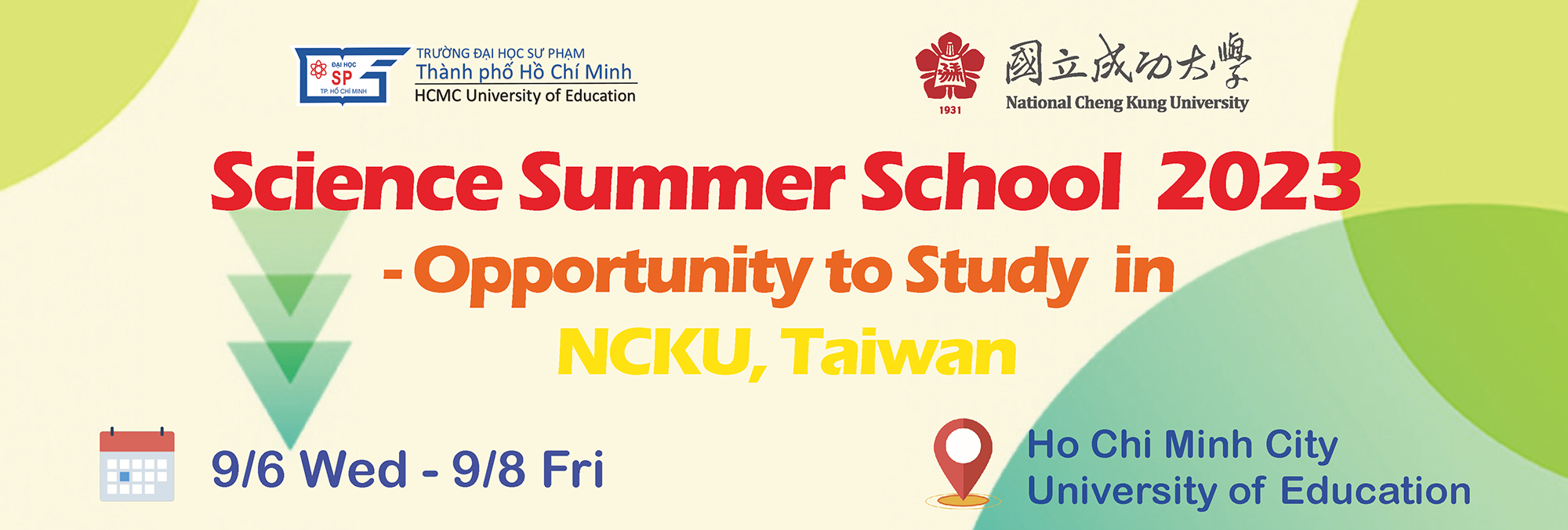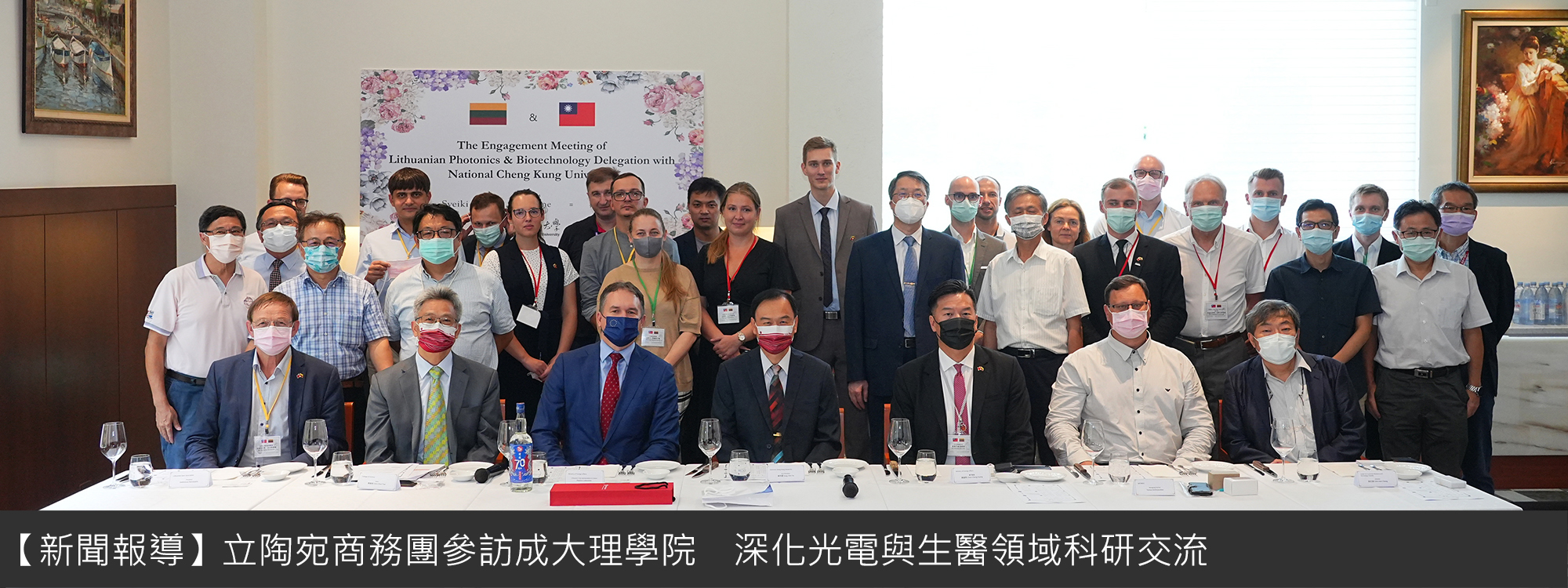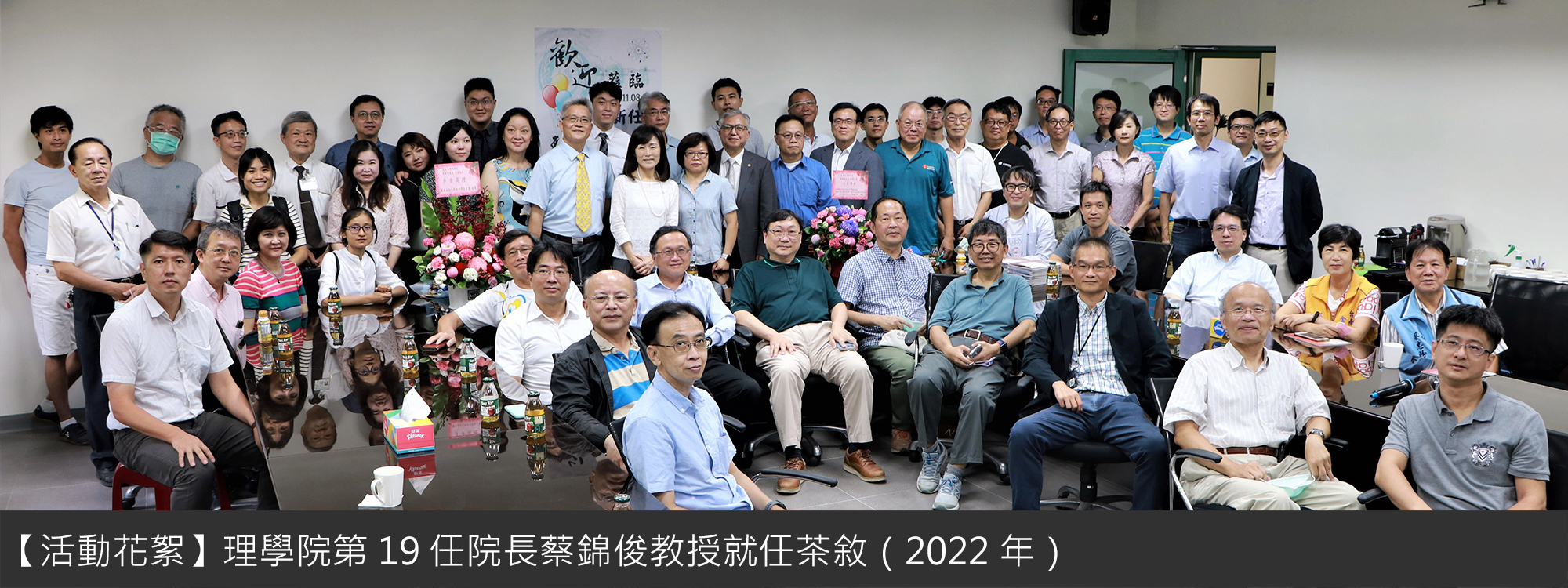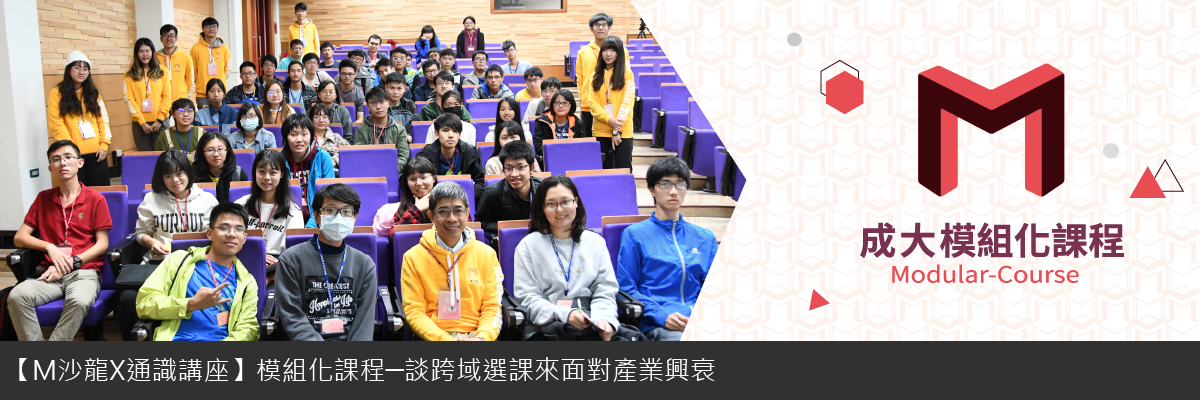【理學論壇&數學系專題演講】113.04.11(四) Empirical Dynamic Modeling for nonlinear dynamical systems- Application and extension of Takens’ Embedding theorem/臺灣大學海洋研究所謝志豪教授
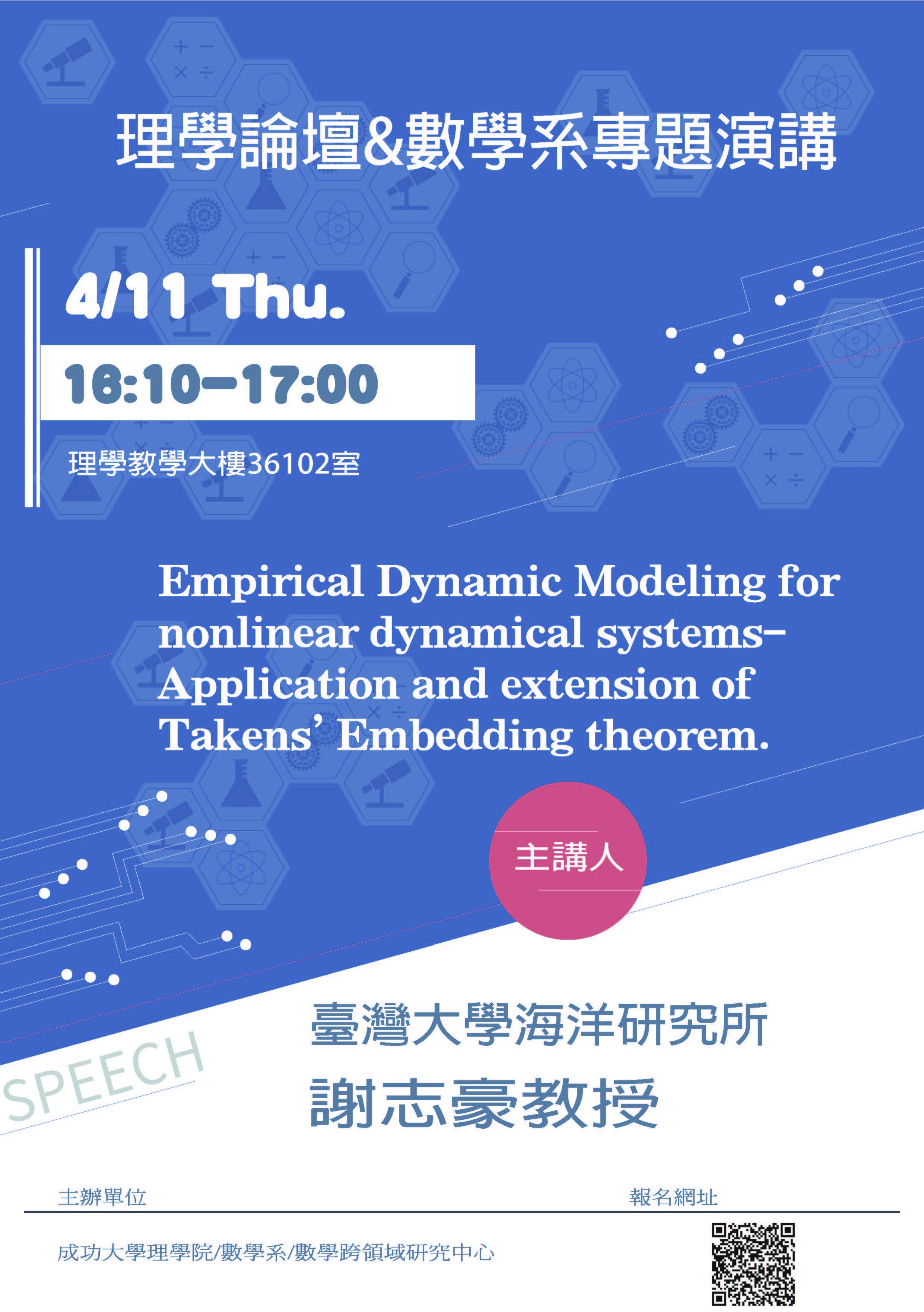
【主講者】謝志豪教授/臺灣大學海洋研究所
Professor Chih-hao Hsieh /Institute of Oceanography, National Taiwan University
【演講題目】Empirical Dynamic Modeling for nonlinear dynamical systems- Application and extension of Takens’ Embedding theorem.
【演講時間】2024/04/11(四) 16:10-17:00
【演講地點】理學教學大樓36102室
【Abstract】
Mechanistic understanding and forecasting are important for effective policy and management recommendations for ecosystems. However, these tasks are challenging, because real world is complex, where correlation does not necessarily imply causation. In this seminar, I aim to introduce a time-series analytical framework, known as Empirical Dynamic Modeling (EDM). EDM is rooted in Takens’ Embedding theorem for state space reconstruction. EDM enables detecting causality among interacting components in nonlinear dynamical systems, constructing time-varying interaction networks, forecasting effects of external forcing, and serving as early warning signal for critical transition. I will demonstrate the efficacy of EDM in various systems. The information can shed light on identifying drivers of ecosystem stability and translating this science into policy-relevant information.
References:
Sugihara, et al. (2012). Detecting causality in complex ecosystems. Science 338: 496-500.
Chang, et al. (2017). Empirical dynamic modeling for beginners. Ecological Research 32: 785-796.
Chang, et al. (2020). Long-term warming destabilizes aquatic ecosystems through weakening biodiversity-mediated causal networks. Global Change Biology 26: 6413-6423.
Chang, et al. (2021). Reconstructing large interaction networks from empirical time series data. Ecology Letters 24: 2763-2774.
Grziwotz, et al. (2023). Anticipating the occurrence and type of critical transitions. Science Advances 9: eabq4558.
【報名資訊】
1.請於4月10日(三)中午12:00前至https://forms.gle/7fFe3AAfSFewk4Mj8報名
(與數學系專題討論合辦,數學系師生優先參與。開放外系師生同仁共100名報名參加,滿額即截止報名)
2.數學系專討修課學生,由系上直接提供名單,不需報名。



